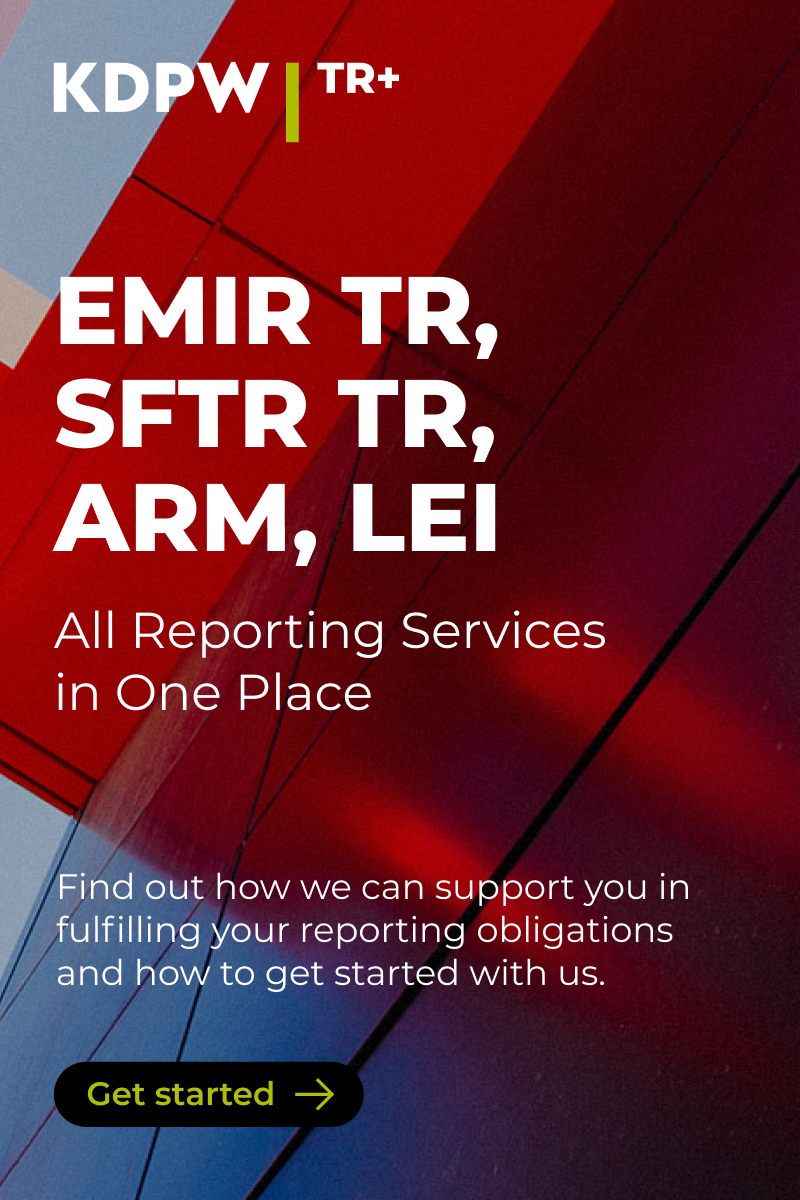If you don’t take environmental, social and governance (ESG) risk into account in the same way that you manage money then you are putting your clients at risk, warns Dan Rudd, head of external wholesale UK, Ireland and Middle East, HSBC Asset Management.
During the ‘Hot Topics from the Sharp End of Distribution’ panel during the Association of the Luxembourg Fund Industry (ALFI) Global Distribution Conference, Rudd said HSBC Asset Management’s approach is to be cautious when classifying more funds under the EU Sustainable Finance Disclosure Regulation (SFDR) classification.
Launched on 10 March 2021, SFDR establishes transparency requirements for financial market participants on the integration of sustainability risks and consideration of adverse sustainability impacts in their processes, and the disclosure of sustainability features of financial products.
A wide range of firms are in scope of the regulation including investment firms, portfolio management and pension providers, managers of UCITS and alternative investment funds.
“HSBC Asset Management won’t rush to classify more than its existing funds. We have Article 8 funds already in a global climate change fund which will celebrate its 14 year track record this November, and we also have recently launched a healthcare fund,” Rudd noted.
He added: “SFDR seems to be driven by gatekeepers who are only selecting Article 8 or Article 9 funds. HSBC takes a lot of care with its internal controls to make sure that we say exactly what we do.”
“ESG integration is deep into what we do as a business. We joined the UK Sustainable and Finance Association (UKSIF) back in 2001, we also joined the Signatory to the Principles for Responsible Investment (PRI) in 2006, and so we have the breadth and depth in our business process around ESG and how we run clients’ investments.”
“You have to take ESG risk into account when managing money on behalf of clients. We do have Article 8 and Article 9 funds and we may progress that over the future but you’ve got to take the long term view with SFDR.”
An Article 8 fund under SFDR is defined as a fund which promotes, among other characteristics, environmental or social characteristics, or a combination of those characteristics, provided that the companies in which the investments are made follow good governance practices.
In May this year, the European Fund and Asset Management Association (EFAMA) found there is a need for full consistency between taxonomy alignment metrics used by financial undertakings for taxonomy-related disclosures in SFDR, the Article 8 Taxonomy Delegated Act and the portfolio greenness formula in the EU Ecolabel for retail financial products.
Along with Articles 5 and 6, the association urged the European Commission to provide for a transitional period in the first year of the taxonomy's application to financial undertakings´ Level 2 disclosures, for Article 8 of the taxonomy.
Weighing in on this, Hamish Forsyth, president, Europe & Asia, Capital Group, said: “In our industry, policymakers and regulators are the ones who have often defined our marketplace with UCITS being an example.”
“Ultimately, we all benefit from a settled market reality. In those moments regulations generally lend confidence to consumers, and clarity about ESG is looking like one of those moments.”
Forsyth continued: “It is certainly easier than us all having to navigate different ESG preferences. That said, of course, policymakers always risk unintended consequences, and we have some of that going on at the moment.”
According to Forsyth, looking at where the flows are going, the market is rapidly becoming an ‘Article 8 and Article 9 market’, and the apparent redundancy of Article 6 funds is a bit odd when you think about it.
He explained: “Funds that have been good for investors for many decades and have scale benefits, managers who are good stewards that work hard to make the whole system more resilient, with well integrated approaches to ESG have fallen out of favour overnight. And I won't try to guess how this plays out.”
From my perspective, there has been a focus on product, to the exclusion of process and from a long-term distribution point of view, this is quite worrying.
“We're also watching very carefully to see how the ESG appetite and regulatory approach manifests in the UK. It's a major fork in the road moment whether to turn towards equivalence, which is how we interpret the Hong Kong reaction to SFDR, or towards divergence, and we have no insight at all into how that one is going to play out,” Forsyth highlighted.
Combining that UK wildcard with the risk of ESG gold plating across Europe, which already is happening, this might be another example of an impediment to seamless cross border distribution, Forsyth concludes.


